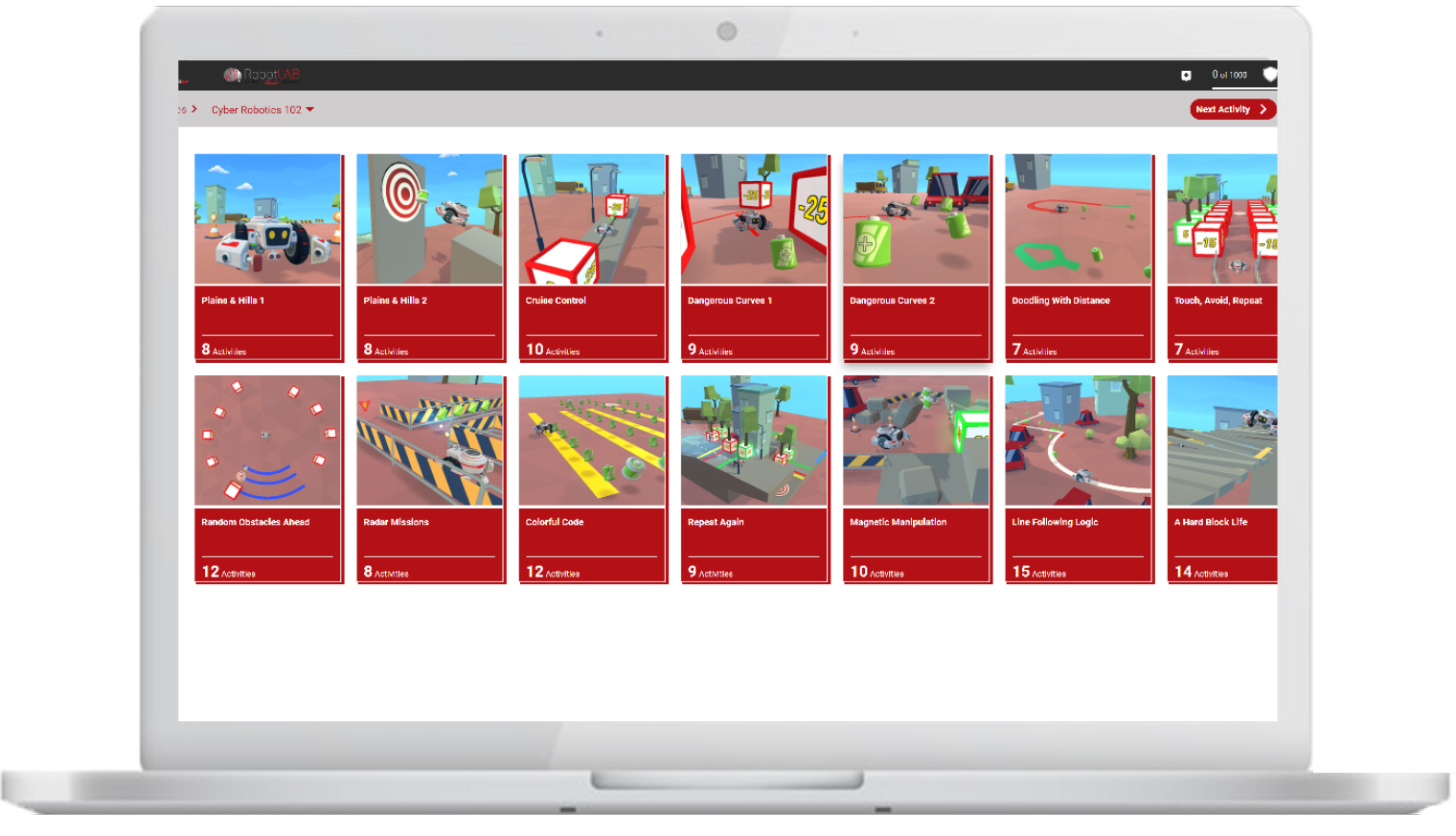Coding is enormous in education right now.
No wonder. Coding offers so many academic benefits that schools cannot ignore its significance. Sequential processes, computational thinking, and creative problem-solving all make up coding. It’s the new literacy in schools. There’s so much to like about coding that coding academies and boot camps are springing up everywhere.
 Photo by Danial RiCaRoS on Unsplash
Photo by Danial RiCaRoS on Unsplash
Bootcamps can be expensive, but they are intensive. Participants learn as much as possible in three to six months, securing employment as a coder soon after that. Academies, on the other hand, tend to be more flexible. They offer coding training at all levels, and students create code in makerspaces.
Coding appeals to children of all ages. Not only are there plenty of outstanding apps with which to teach coding, but there are also schools focused intensely on learning how to code.
It’s elementary
Teaching coding in elementary encourages children to take control of not only computers but also their learning. Young coders learn about sequences and patterns. They experience cause and effect firsthand as they see the results of their work. Coding also teaches the framework for grammar structures.
Teachers can incorporate coding activities into their lessons throughout the day. Many schools even offer after-school coding programs as one of the extracurricular choices.
Coding in middle and high school
As students can handle more advanced abstract concepts, they have access to more sophisticated apps for learning how to code. Coding is meant to be fun and engaging. The middle and high school years present an excellent opportunity to get students to fall back in love with learning. The best part is that teachers don’t have to pretend to know everything; they can learn along with their students.
As students master their coding skills and continue to sharpen them, teachers can reduce the amount of 1:1 support they provide for their students. Older students especially prefer the experience of doing things themselves. It builds confidence and self-reliance.
Taking the high ground
Learning about coding doesn’t end at high school graduation. Advanced technology requires coders who can keep up with the demand. According to the Bureau of Labor Statistics, computer programmers with a Bachelor’s degree earned the median salary of $84,280 per year. In many cases, that’s more than the average teacher makes. Programmers spend half of their work time writing and testing code.
In addition to traditional degrees, colleges and universities already offer certificates in many diverse areas. Universities ought to include a boot camp in their course catalogs. The popularity of boot camps has witnessed exponential growth, and they generate $240 million annually. By failing to offer a coding boot camp, universities may be missing out on an important source of revenue. Higher education also will fall behind in preparing students for the future.
Steve Jobs said, “Everybody should learn to program a computer because it teaches you how to think.” Quite literally, the future lies in coding. It’s our duty to prepare learners for it at every level of their academic career.
Discover more Coding resources with RobotLAB!

CoderZ is an online educational environment that improves students 21st century skills, while they are having fun programming their own virtual cyber robot. CoderZ and RobotLAB has different lessons to do at home! Check them out Here

